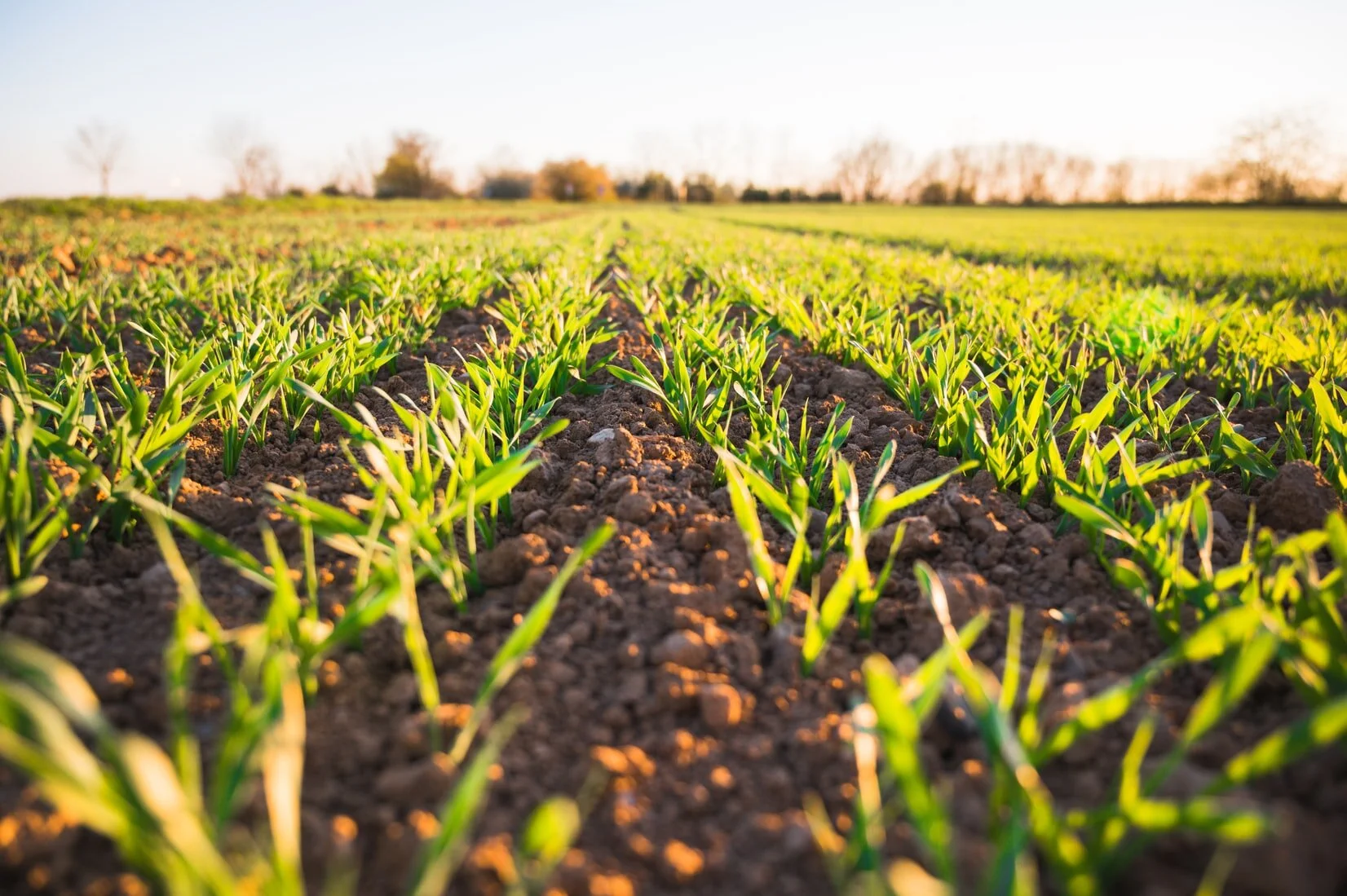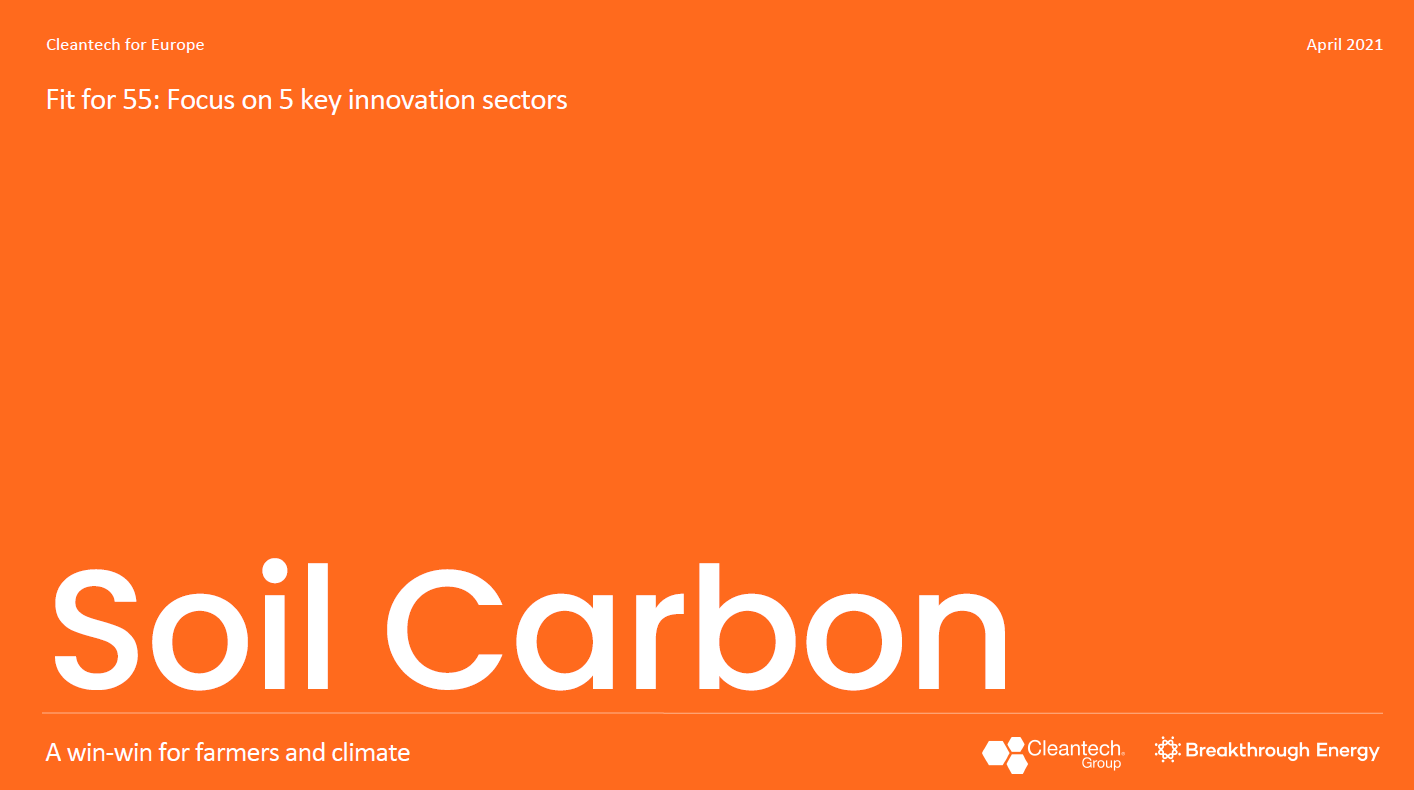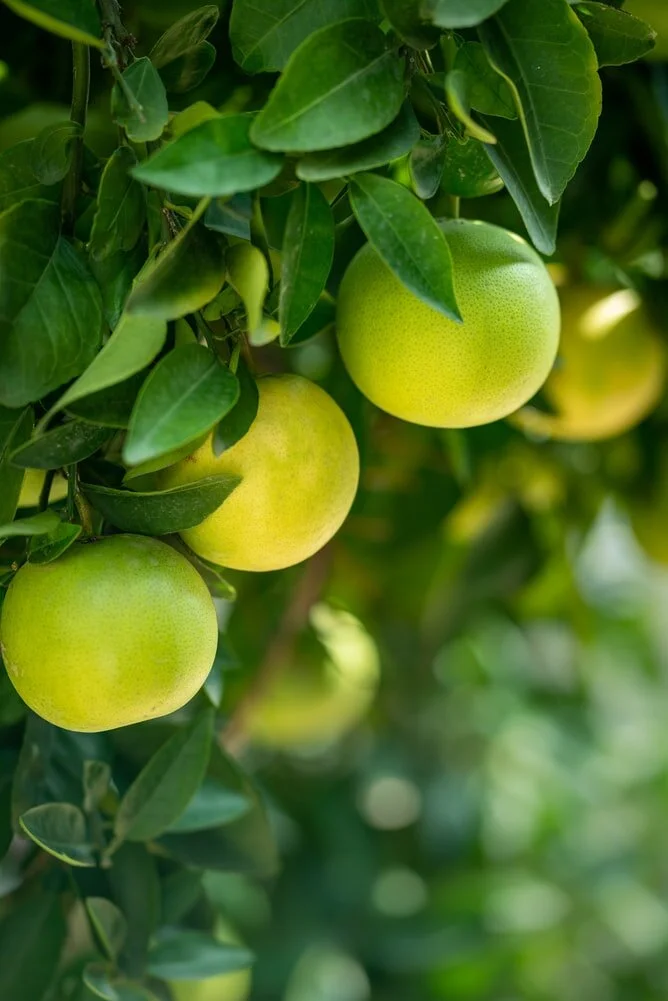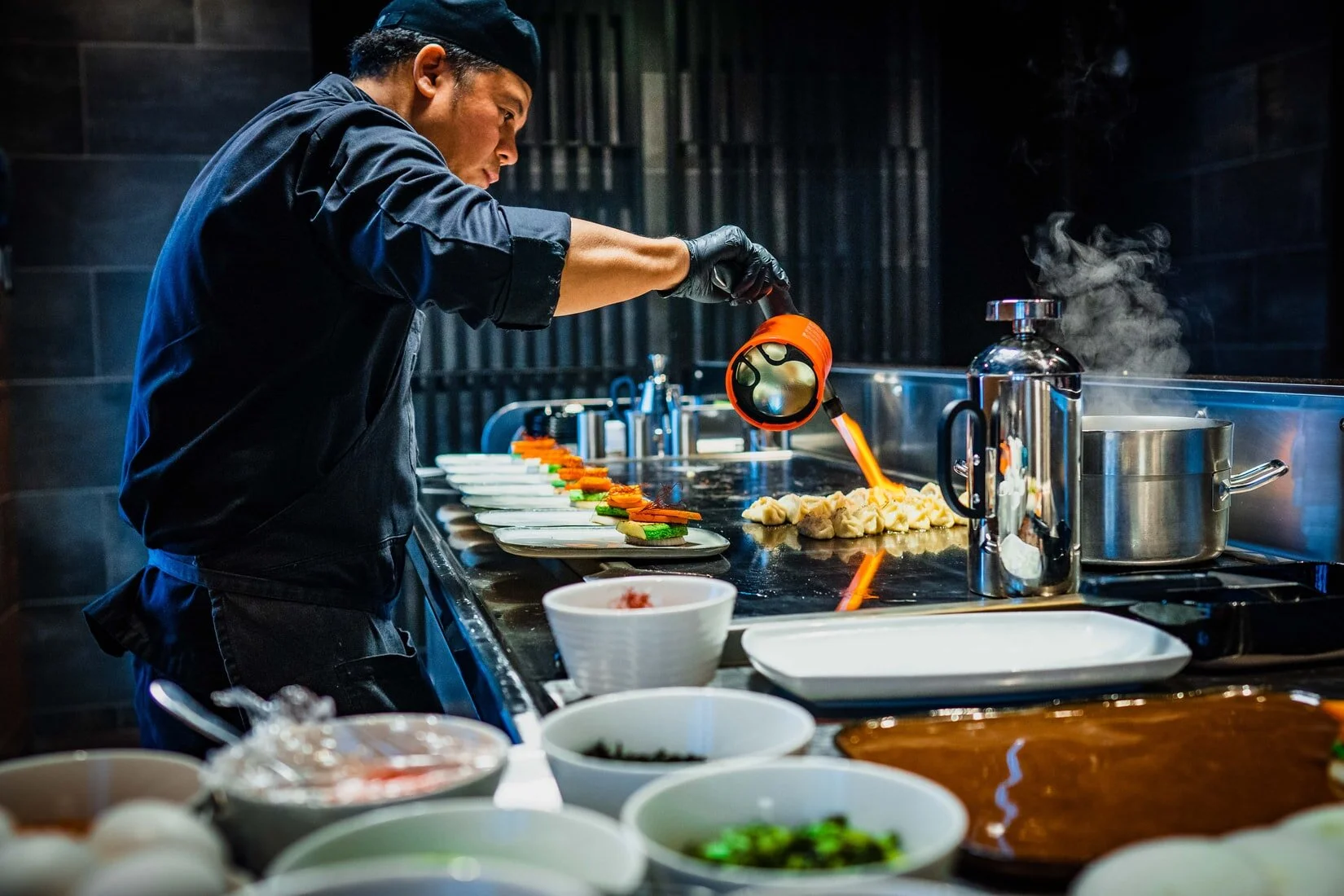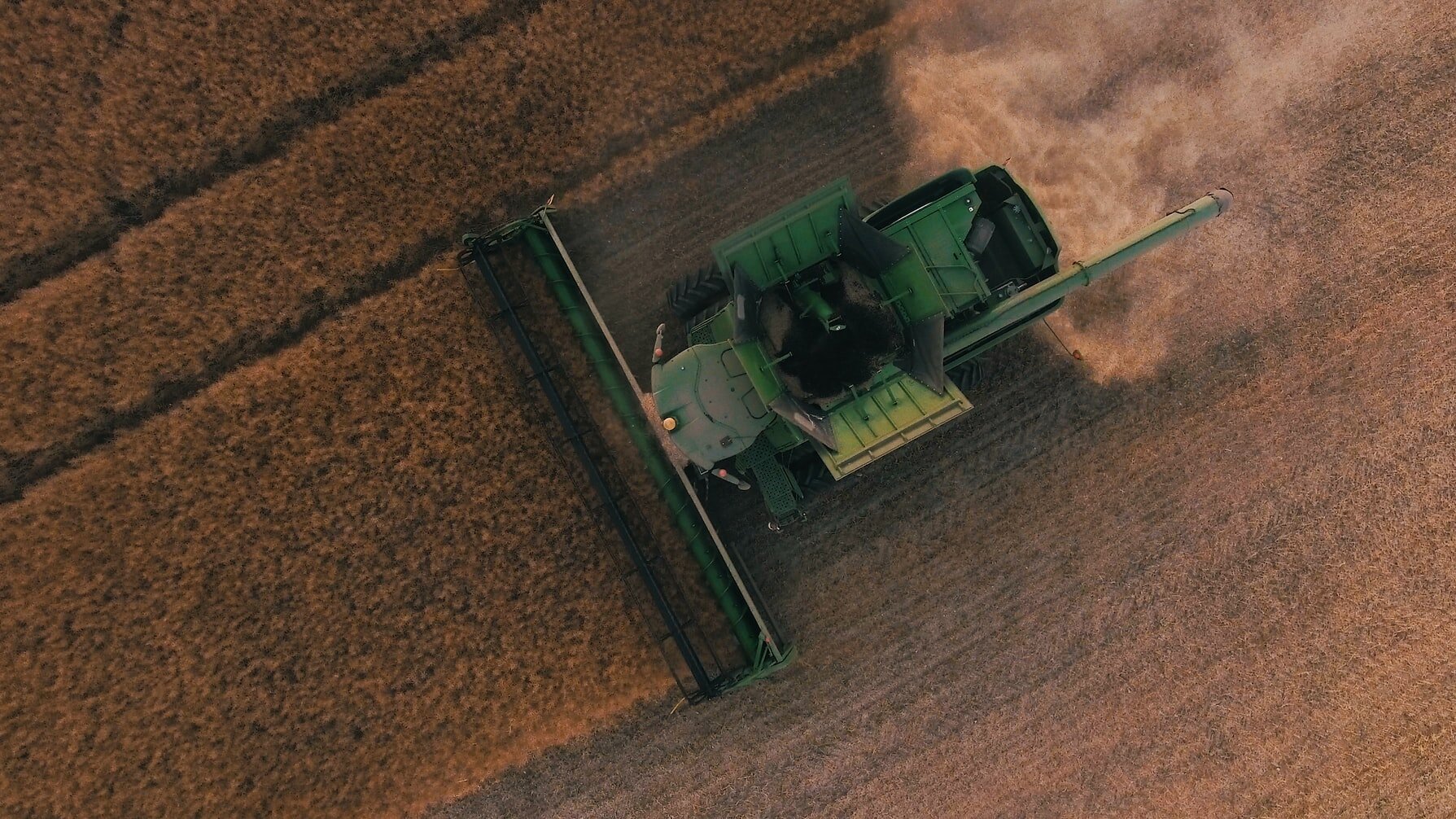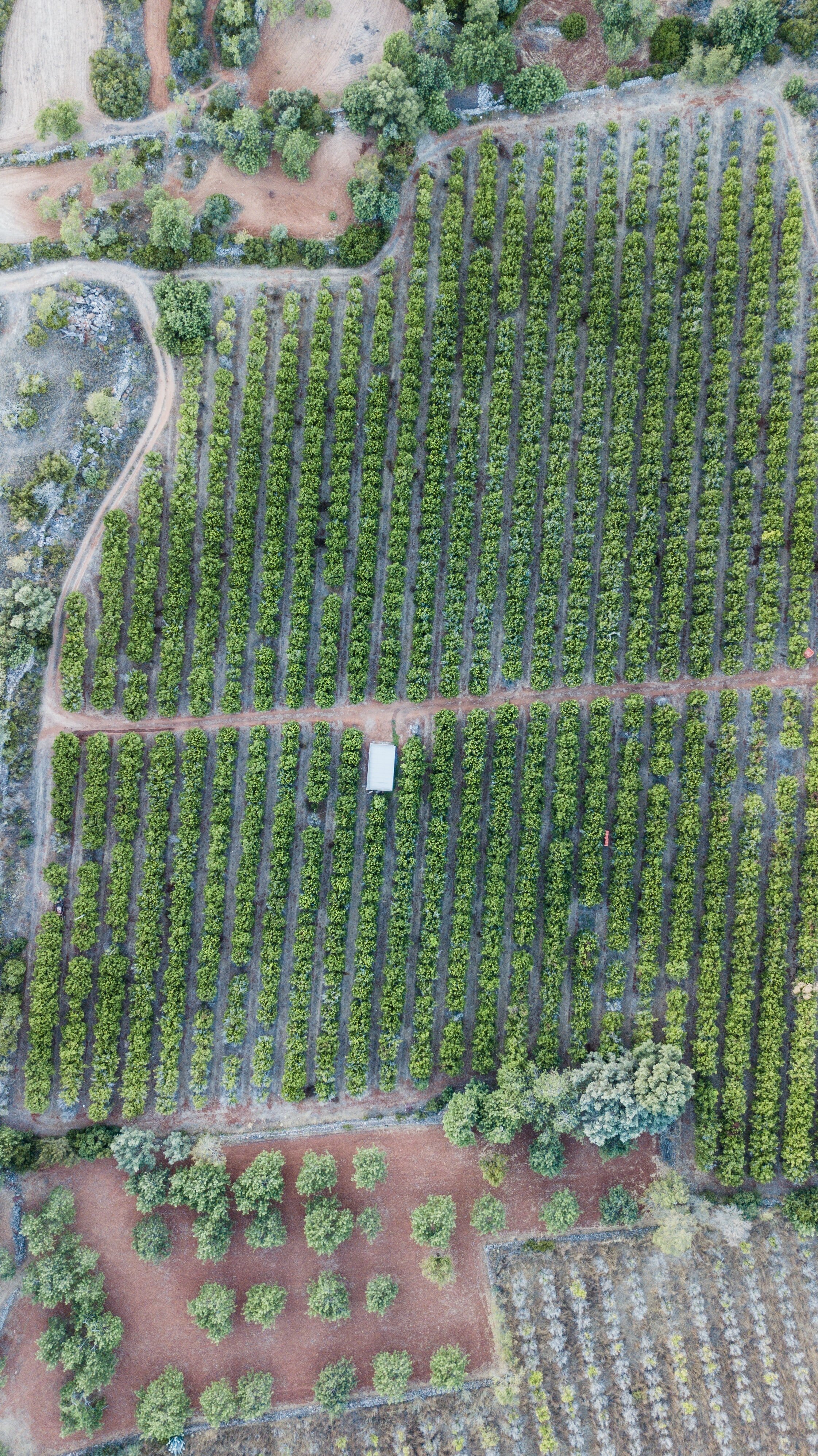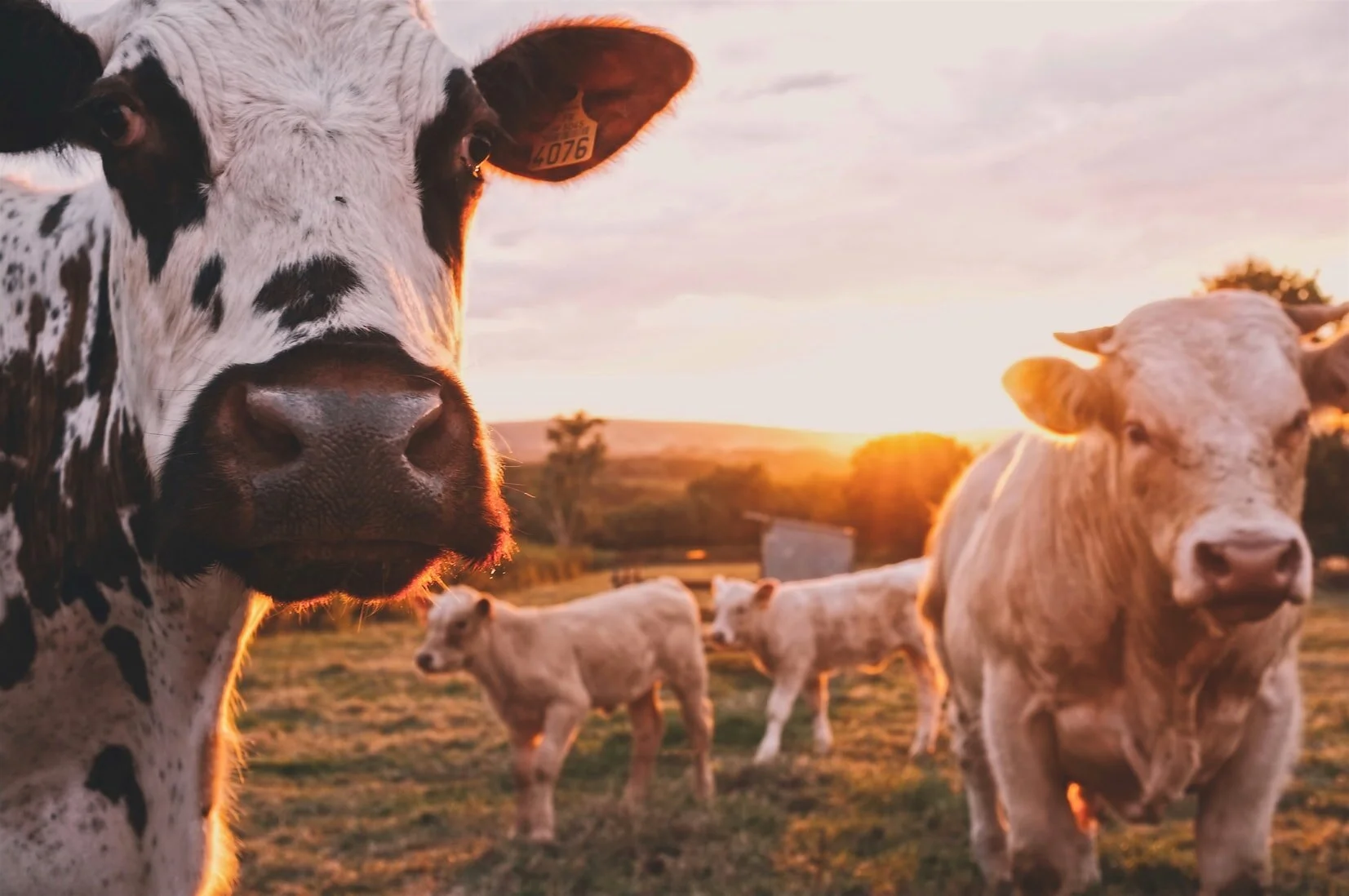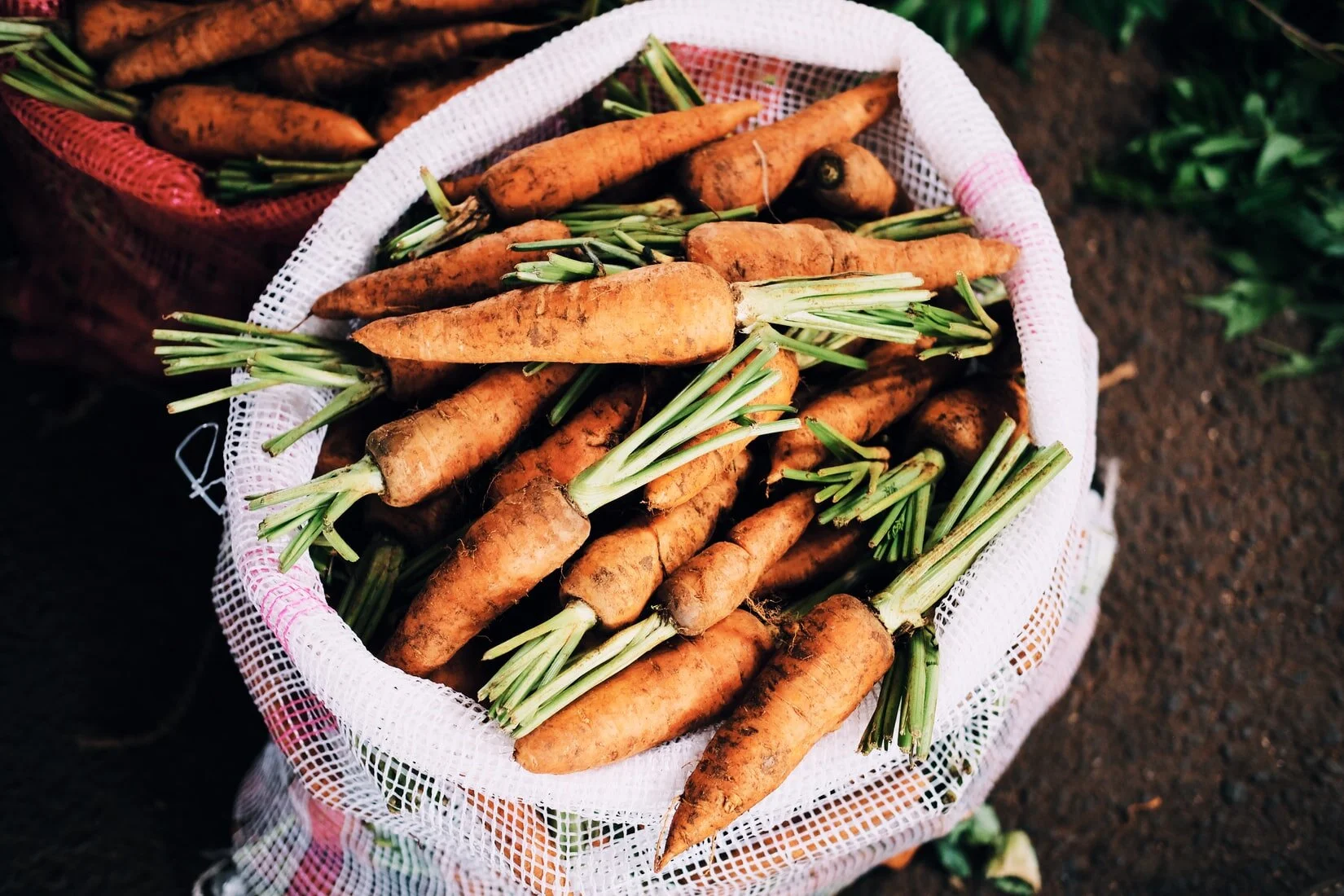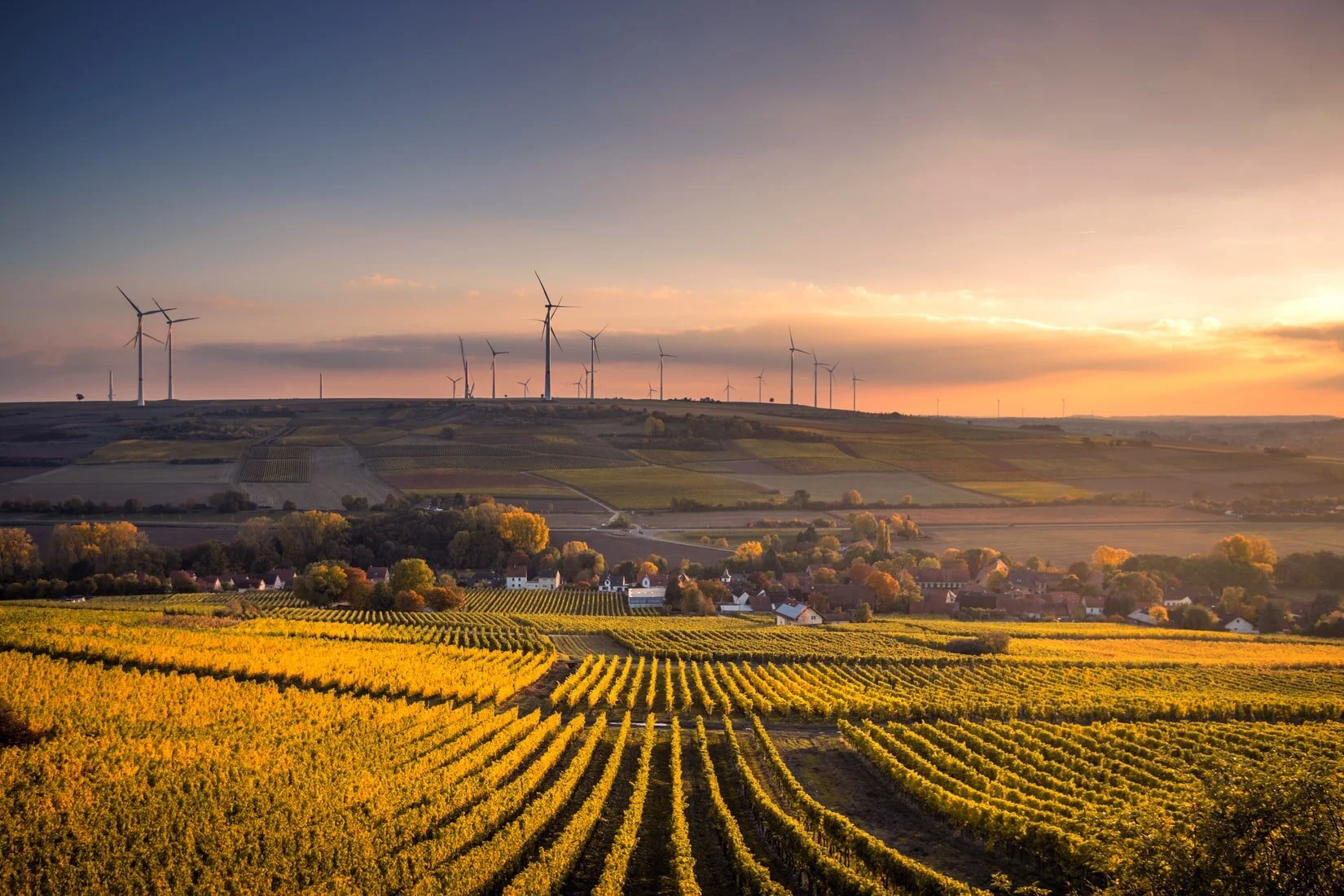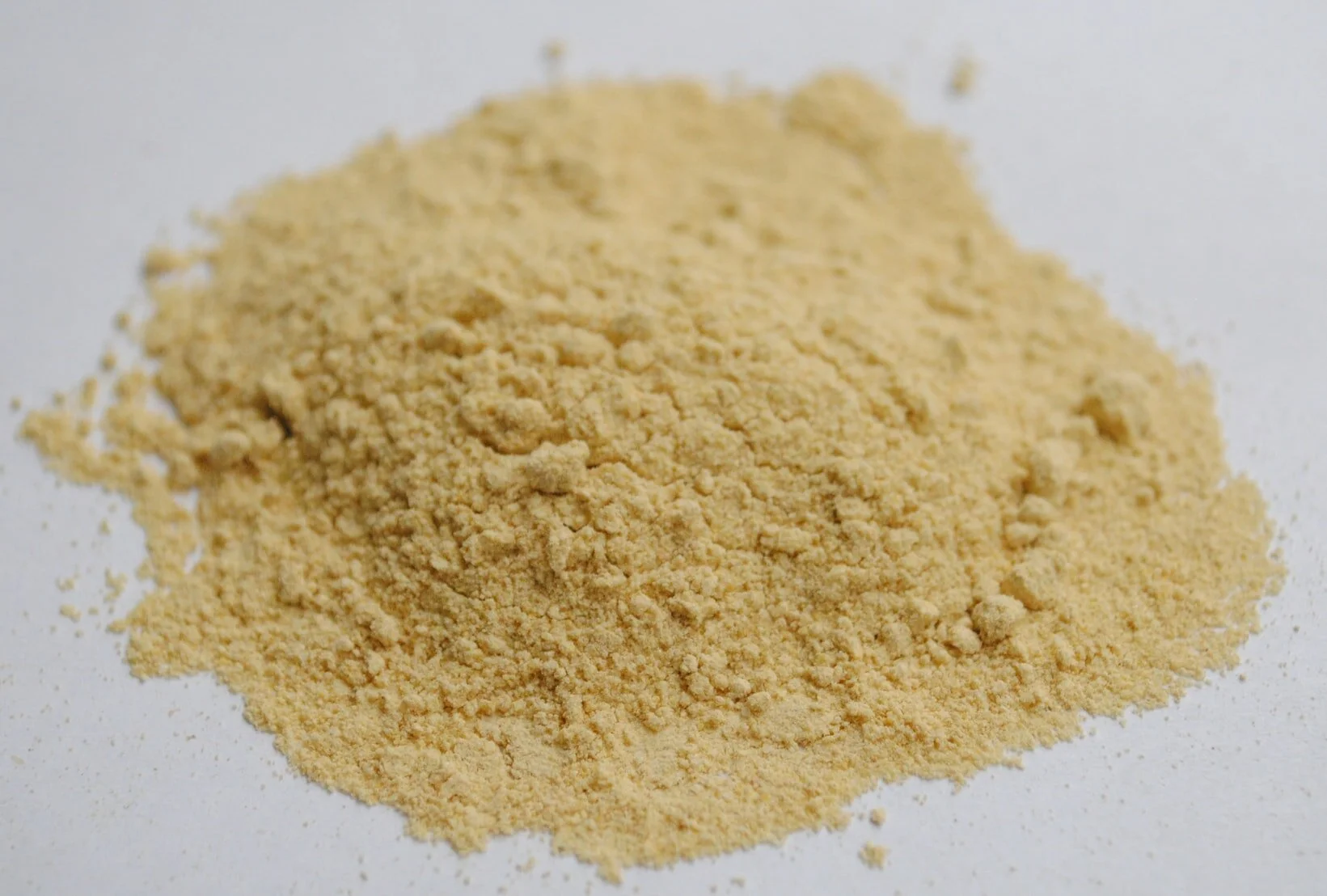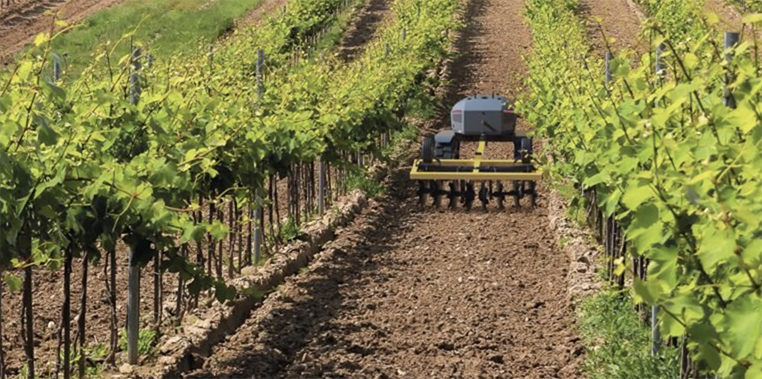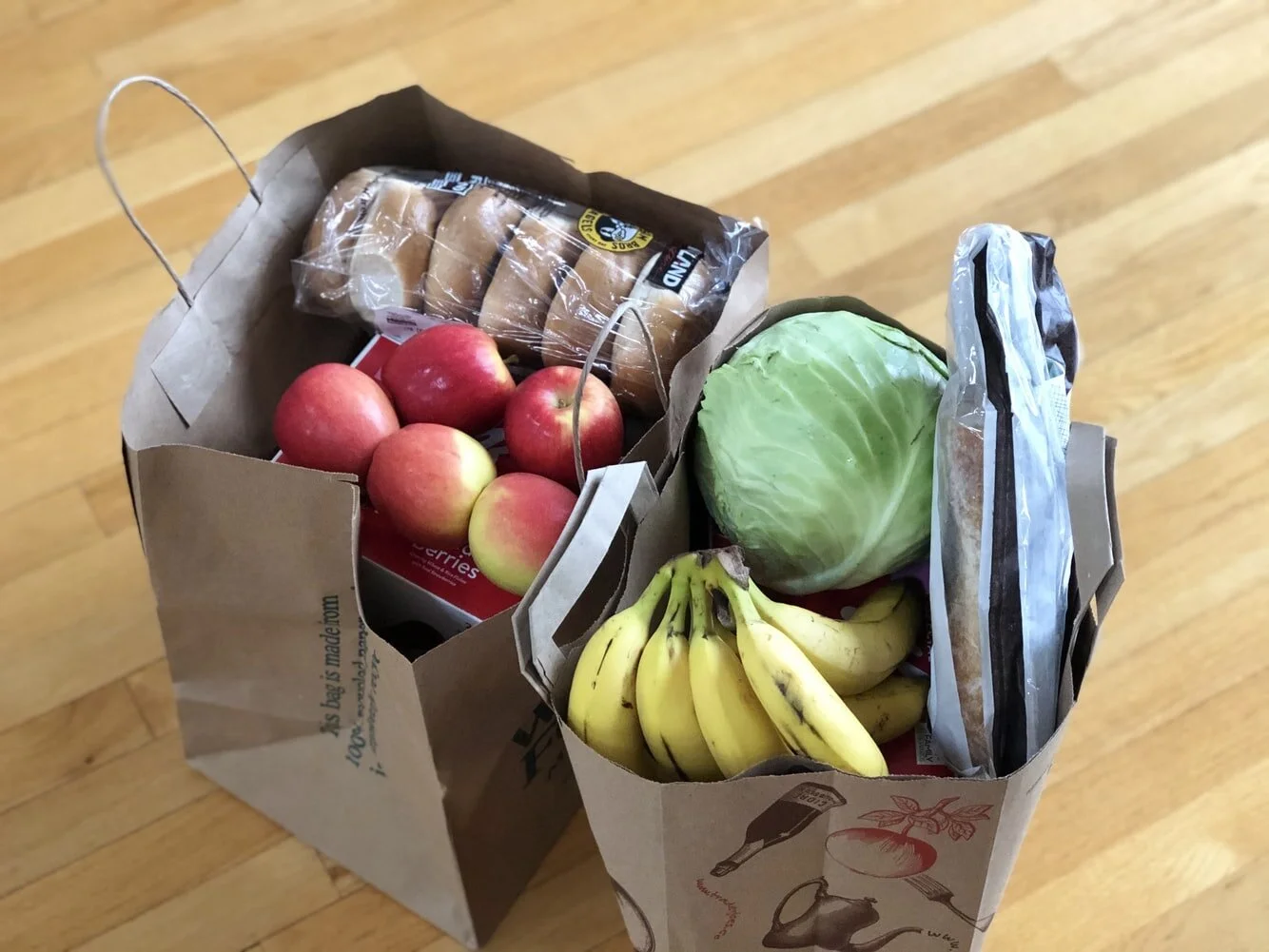Soil Mapping Technologies: Regenerative Agriculture, Soil Carbon Sequestration and Ecosystem Service Payments
A key takeaway from our work on Soil Carbon, a part of the Cleantech for Europe project we are developing alongside Breakthrough Energy, was the increasing importance of understanding soil. Measurements of soil health, soil’s ability to support life and provide services like water purification, carbon sequestration and others, have always been valuable to farmers but are becoming increasingly important…
Key Takeaways – Cleantech Forum Asia
At Cleantech Forum Asia we highlighted Agriculture & Food in two key sessions on our agenda. In the first session we looked at the alternative protein industry under the title ‘Will Asia Lead the World in Alternative Protein Production in the Next 5 Years?’. For this session we welcomed: Mirte Gosker, Acting Managing Director, Good Food Institute, Carrie Chan, CEO, Avant Meats, Sumit Pingle, Vice President; Agro & Protein Systems, Alfa Laval, Saurabh Bajaj, CEO – Asia, Eat Just, There are two key trends in alternative protein product development in Asia…
Plant-based, Fermented, and Cultured Proteins: Incredible Food Coming in Hot
The addressable target market for alternative proteins has grown in step with hype and investment over the last several years. Five years ago, forecasts were for niche replacement for veg- and flex-itarians. Then, forecasts grew to include some cannibalism of the conventional meat market. Today, forecasts ask what is left for conventional animal products once alternative products mature…
Soil-based Carbon Sequestration: an Opportunity for Europe to Lead this Decade
Soaking up carbon dioxide in agricultural soils is a significant decarbonization opportunity for Europe. Europe’s land mass has the second highest potential in the world for carbon sequestration by volume. We estimate by 2030 around 10% of the EU’s annual CO2 emissions in Europe can be removed from the atmosphere into croplands…
My takeaways from Cleantech Forum Europe and Cleantech Forum San Francisco
In both the Cleantech Forum Europe and Cleantech Forum San Francisco virtual events, discussions around the Agriculture & Food markets featured prominently. In a year where we recorded a record $40+ billion in venture and growth equity investment, Agriculture & Food startups accounted for $10.6 billion, beating 2019’s record year by $4.6 billion.
Ghost Kitchens: Amazon Fulfilment Centers for Food?
Delivery-only kitchens could create a market worth $1 trillion by 2030. Research by UBS has claimed it is possible by 2030, more meals will be ordered online and delivered from central kitchens than are cooked at home, creating a delivery market worth $365 billion, up from $35 billion today. By another estimate, the UK alone has seen a 39% increase in food deliveries in the last three years, creating a market worth $11.2 billion…
Enabling Technologies in Agriculture: Outsized Returns Across the Value Chain?
There are constant murmurs about agriculture being on the cusp of another green revolution but this time it’s different. Enabling technologies are converging to deliver results greater than the sum of their parts and farming is seeing significant change, including: Artificial intelligence is driving more effective and timely decisions, Computational biology is changing what we put in soils to improve yield…
Regenerative Agriculture: Innovation and Finance - Part 3
A new asset class for agriculture and nature-based solutions investors. Writing in the Financial Times, Henry Paulson, the ex-US Treasury Secretary, championed the creation of ‘a new asset class of healthy soils and pollinators’. The Paulson Institute has estimated the ‘biodiversity financing gap’ will be over $700 billion per year for the next ten years. While this report focuses on the public markets, the message is the same for private sector investors, who must develop innovative financial mechanisms in order to transform the goods and services provided by nature into asset classes…
Regenerative Agriculture Innovation and Technology – Part 2
We are seeing a technological convergence in agriculture. Farm management and decision support software are being built on the back of data streams which are often being collected for the first time. This is being combined with an increasing use of: Automation and robotics, Biotechnological tools, Genetic engineering breakthroughs, Soil monitoring and measuring systems. All of which are enabling a much greater understanding of what is going on in the soil and how to increase its productivity.
Resilient Food Chains: Innovation for a Safe, Agile, Efficient, Low-Waste Food System
The global food chain accounts for 10% of world GDP and employs approximately 1.5 billion people and Covid-19 is a stress test for this entire system. The worldwide trend has been an increasing reliance on imports, as food exports have grown 600% since 1990. This means 80% of people now rely in part on calories produced in another country. The increasing international trade of food has made the system more resilient to swings in supply and demand…
Regenerative Agriculture – Innovation and Investment: Part 1
In this three-part series we will tackle investing in regenerative agriculture. Part I will provide an overview, part 2 will look at key technological and business model innovation, and part 3 will look at finance. The investment landscape for regenerative agriculture can simultaneously look like a vast roadmap for the future of agriculture and, at the same time, a set of nascent, un-proven or at best, ‘early-stage’ technologies…
Can Precision Proteins Change How and What We Eat?
FoodShot Global, a New York-based accelerator focused initially on soil health and now on precision proteins, describes precision proteins as those that are “more precisely attuned to human and planetary health, better aligns global and regional supply and demand, increases accessibility, and decreases waste and environmental damage.”. In protein manufacture, we are seeing a convergence of technologies from different industries including biopharmaceuticals, brewing, flavor and ingredient manufacturing, food processing, and industrial biotechnology…
Automating Agriculture: Innovations in Farm Robots
Recent COVID experience has heightened concerns about food security and its supply chains. This is largely due to workforce-related issues, particularly worker availability and productivity, as well as their impact on food safety. Robotics and automation are clearly emerging as solutions and are likely to experience accelerating adoption and usage by farming and food production companies alike…
Online Grocery Retail: The Impact of a Surge on the Supply Chain
It’s no surprise that online food sales are surging in the wake of Covid-19. While exact figures are changing all the time as methods to control the epidemic are rolled out, one thing is for certain; we have drastically altered our food shopping habits. A recent study claims that online grocery shopping in the US has jumped from 3%-4% to 10-%15% over the last two months. This level of online grocery retailing is on par with South Korea and China, the markets that led the world in online grocery pre-COVID with, respectively, 19% and 14% of all food retail done online…

